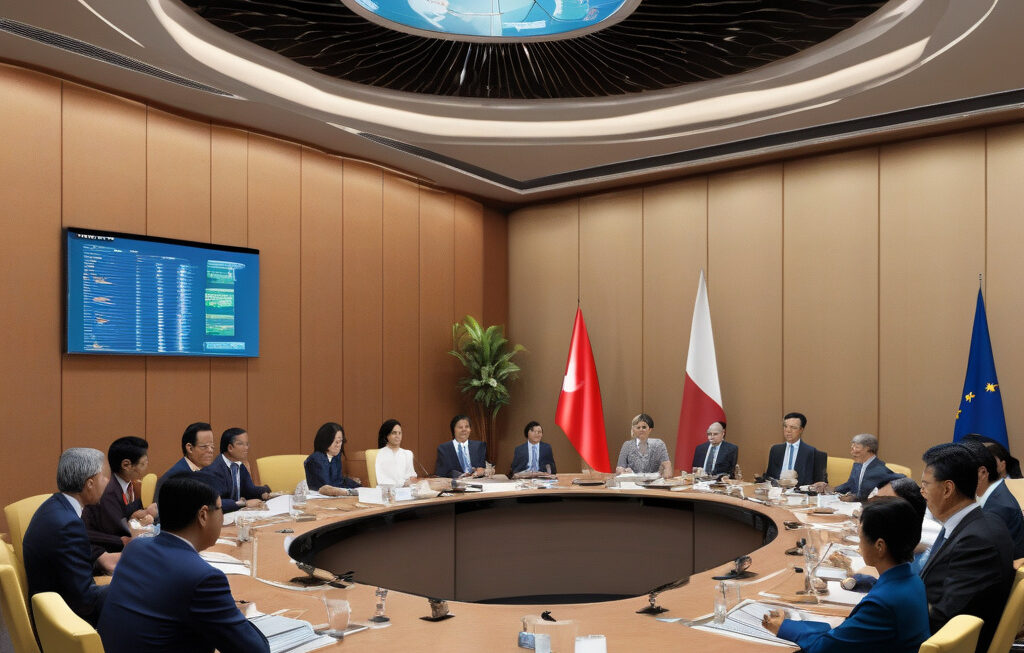The Great Fashion Reset | How to Fix Luxury’s Trust Issues
In recent years, the luxury fashion industry has been marred by a series of scandals that have shaken the trust of consumers worldwide. Brands like Dior, Armani, Valentino, and Loro Piana have been linked to sweatshops in Italy, raising serious questions about the ethics and transparency of the industry. These revelations have left many customers wondering what exactly they are paying for when they purchase luxury goods, and whether they can continue to support brands that may be exploiting labor and cutting corners in their production processes.
The connection between these esteemed luxury brands and sweatshops in Italy has not only damaged their reputations but has also highlighted the need for a significant overhaul in the way the industry operates. Customers who are willing to pay a premium for luxury items rightfully expect that their products are made ethically and sustainably, without any human rights violations or environmental harm. The recent scandals have exposed a dark underbelly of the fashion world that many were previously unaware of, prompting calls for change and accountability.
To address these trust issues and regain the confidence of consumers, luxury brands must take decisive action to clean up their supply chains and ensure that their products are produced in a responsible manner. This involves increased transparency at every stage of the production process, from sourcing raw materials to manufacturing and distribution. Brands must be willing to open their doors to independent auditors and regulatory bodies to verify that their operations meet the highest standards of ethical and sustainable practices.
Additionally, luxury brands must invest in educating their workforce and providing them with fair wages and safe working conditions. By prioritizing the well-being of their employees, brands can not only improve the quality of their products but also demonstrate a commitment to social responsibility that resonates with consumers. Building a culture of integrity and accountability within the organization is essential to rebuilding trust and ensuring that past mistakes are not repeated.
Furthermore, luxury brands must engage with consumers in a more meaningful way, communicating their values and commitment to sustainability. By being transparent about their practices and initiatives, brands can foster a sense of trust and loyalty among customers who are increasingly conscious of the impact of their purchasing decisions. Investing in marketing campaigns that highlight the brand’s ethical standards and environmental efforts can help differentiate them in a crowded marketplace and attract consumers who are looking to support responsible businesses.
The recent scandals involving luxury brands and sweatshops in Italy have exposed deep-rooted issues within the fashion industry that cannot be ignored. It is clear that a fundamental shift is needed to rebuild trust and ensure that luxury brands uphold the highest standards of ethics and sustainability. By embracing transparency, investing in their workforce, and engaging with consumers authentically, luxury brands can navigate this challenging period and emerge as leaders in responsible fashion.
#LuxuryFashion, #EthicalProduction, #SustainabilityStandards, #ConsumerTrust, #FashionIndustryReform












